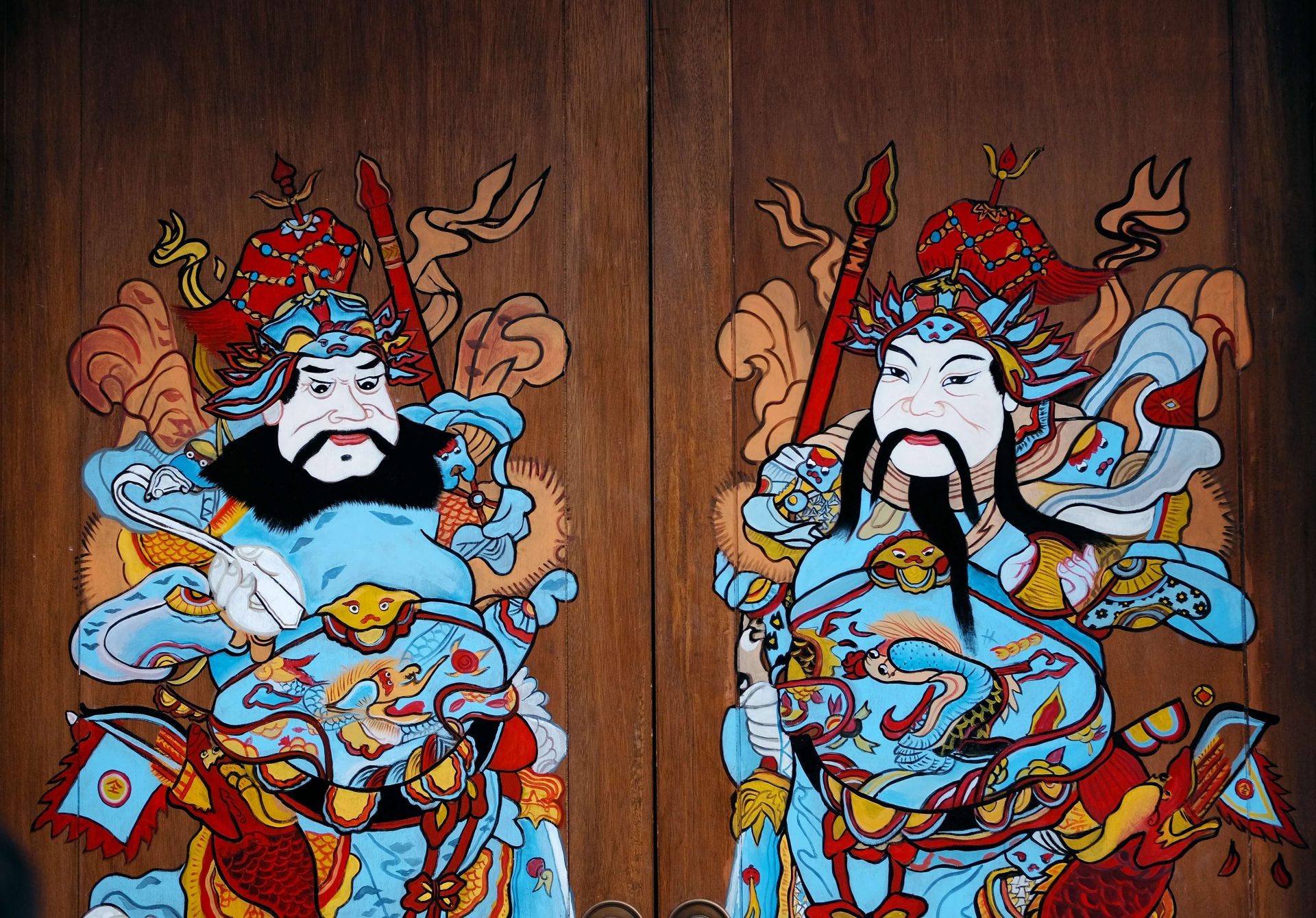The key to testing your understanding of a new language is to see how well you know the different aspects of the language such as tongue twisters, idioms or proverbs. Knowing when to use an idiom can elevate your language using experience while offering an insight into the roots of the language. Chinese idioms are witty and poetic, with some as old as the language itself. In Chinese, idioms are known as chengyu.

Here are some Chinese idioms that can complement your grasp of Chinese. To make it easier, we have included the English translation and the meaning of each one.
脚踏实地 (jiǎo tà shí dì)
Translation: down to earth
Literally means “to step on solid ground.” It is used to convey stability and humility. One needs to work hard at a steady pace, without being impatient or looking for short cuts, while being humble even after achieving success. It stresses the need to build a solid foundation to progress further. It’s a positive Chengyu.
九牛一毛 (jiǔ niú yì máo)
Translation: nine cattle
This literally means “9 cows and 1 strand of cow hair.” It is closely related to the saying ‘a drop in the ocean’ It is used to signify a small amount or how little an impact something has or will make.
井底之蛙 (jǐng dǐ zhī wā)
Translation: the frog at the bottom of the well
It refers to someone who has limited experience or a limited outlook on a certain thing or life in general. It would be used for someone who is narrow-minded or ignorant.
一无所有 (yìwúsuǒyǒu)
Translation: nothing
It means to be broke or to have nothing at all. A good term to use at the end of the month, it literally means being penniless. Here’s an example: “他无家可归,一无所有” “tā wújiākěguī, yìwúsuǒyǒu” “He was homeless, and didn’t have a penny to his name”
一见钟情(yí jiàn zhōng qíng)
Translation: see love
This means “love at first sight.” One of the more romantic Chengyu, it can be used for inanimate objects as well.
自由自在 (zì yóu zì zài)
Translation: free
It’s used to describe a personality trait. It means someone is easy going. If you meet someone who makes you feel comfortable or has the knack for easing tense situations, then this a Chinese idiom appropriate for that individual. It can also be used to describe a place where one can feel at ease.
莫名其妙 (mò míng qí miào)
Translation: baffling
This Chinese idiom is used to convey confusion. A literal translation means the inability to comprehend something or someone. Ideal to use when someone uses a Chengyu you’re not familiar with, maybe?
半途而废 (bàn tú ér fèi)
Translation: half the journey wasted
This means to give up halfway after starting something new (definitely not something a language learner should do). It is used to convey a feeling of difficulty or lack of motivation to not continue. You would use this Chinese idiom to encourage someone (or yourself) not to give up and keep going. It will remind you that you will waste everything you have worked on so far.
塞翁失马 (焉知非福) (sài wēng shī mǎ (yān zhī fēi fú)
Translation: a blessing in disguise
It is used to convey the message that not everything you perceive as bad will cause you harm. A necessary evil to fend off the bigger evil.
狼吞虎咽 (láng tūn hǔ yàn)
Translation: wolf
Used to address someone who gobbles down food, it can be used for banter with friends in a restaurant.
废寝忘食 (èi qǐn wàng shí)
Translation: sleepless nights
It means “forgetting to eat and sleep so as to do something”. A chengyu suitable for the hard-working language learners, it is used when a task is hard enough to consume a lot of your time, wherein you forget the basic needs to eat and sleep.
畫蛇添足 (huà shé tiān zú )
Translation: drawing a snake and adding legs to it
This Chinese idiom means to do unnecessary work that actually ruins something. For example, if a home has been over-decorated to a point it doesn’t look good anymore this is the phrase you would use!
The Chinese language has numerous such idioms, positive and negative, witty and insightful. Some Chinese idioms have evolved over time to accommodate new situations or experiences. Learning Chinese is a good way to better understand these idioms and more!
Andrie Steliou
Latest posts by Andrie Steliou (see all)
- 8 Ways to Help Keep Your Child Focused and Engaged in Online Learning - October 19, 2022
- How to Improve Social Intelligence Skills? - May 10, 2022
- How to Improve Organizational Skills at Workplace? - May 6, 2022

